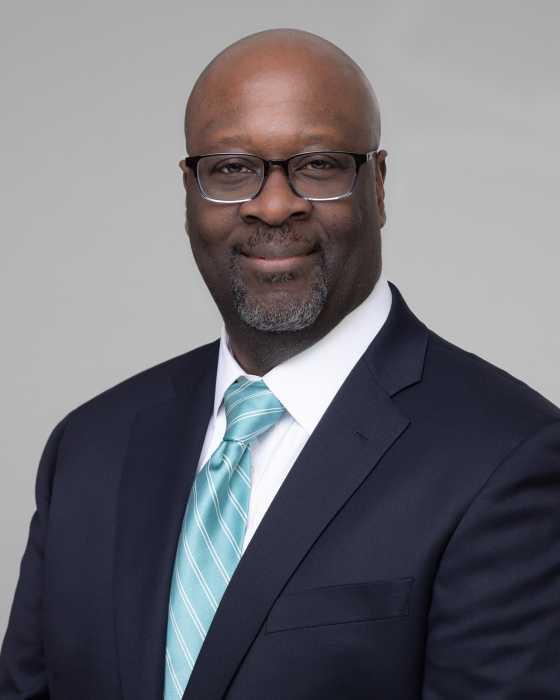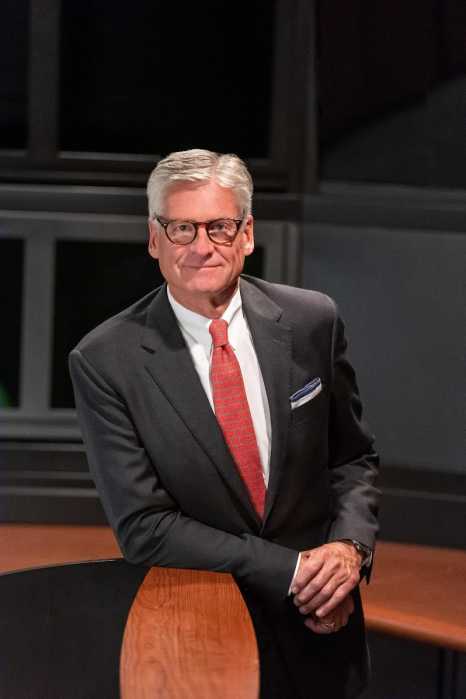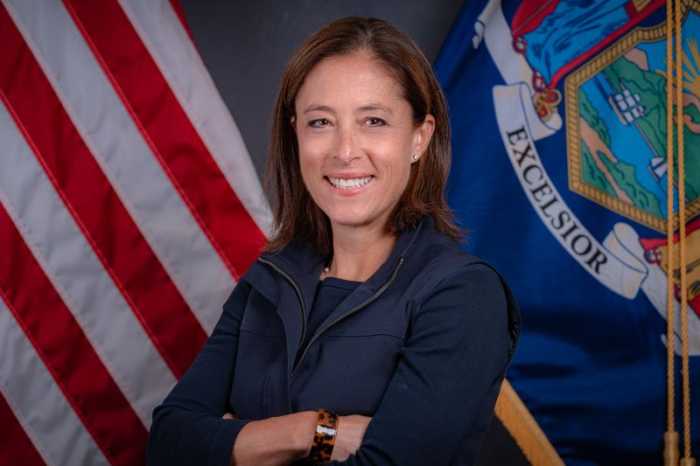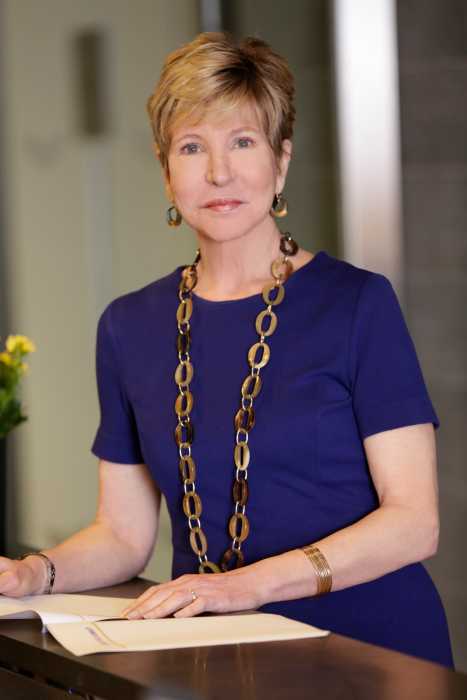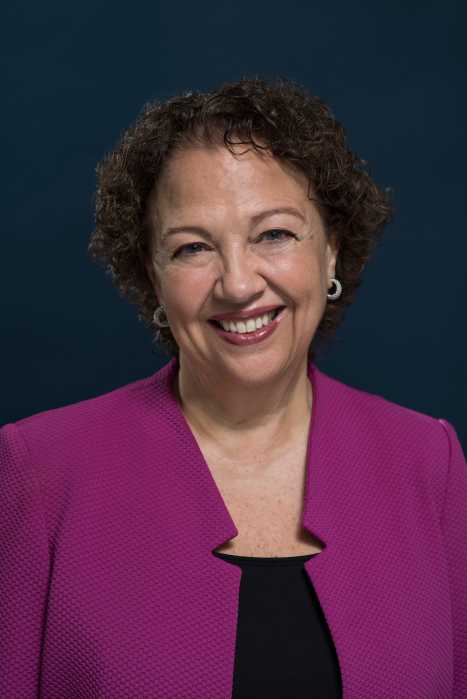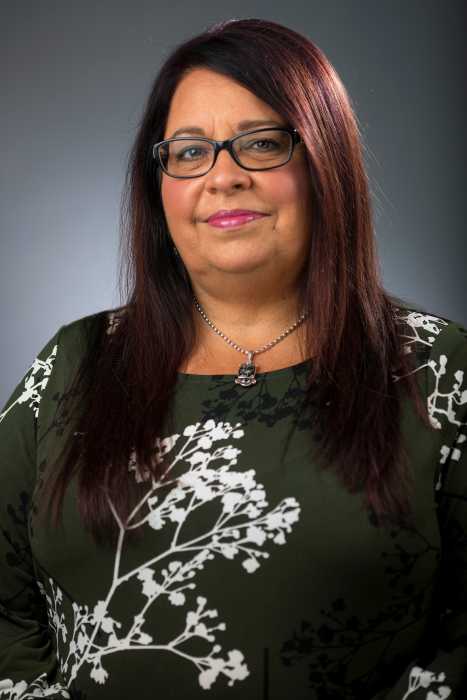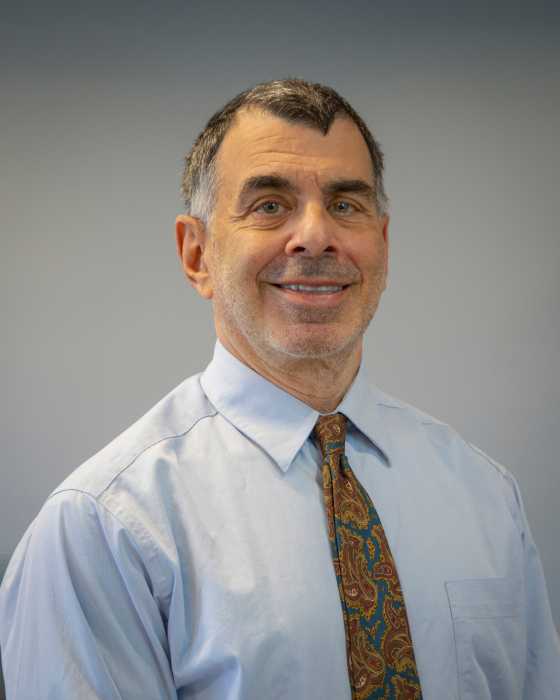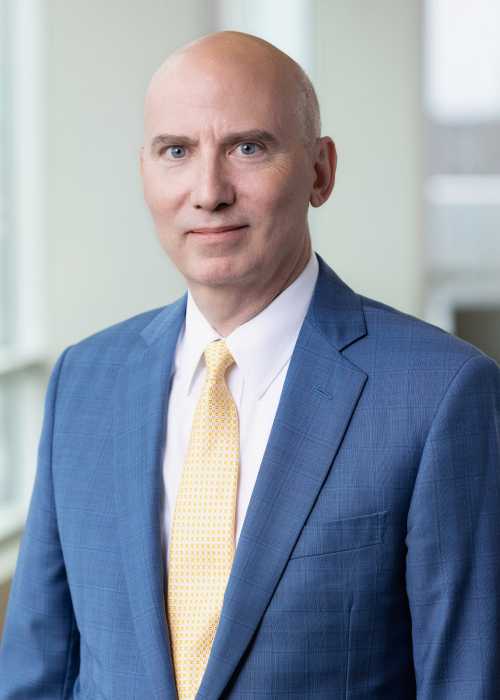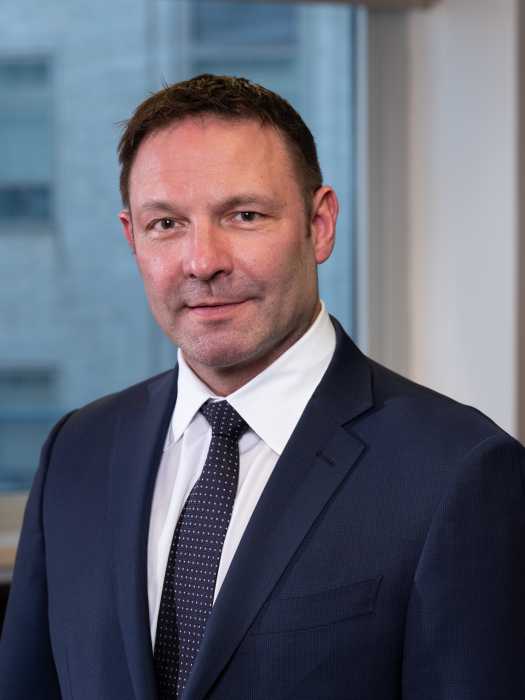Junior Harewood is the chief executive officer of UnitedHealthcare of New York, New Jersey, Pennsylvania and Delaware, for employer and individual health plans. In this role, Junior leads the commercial health plans to successfully deliver affordable, quality health care programs to employers and plan sponsors, which improve the overall health and well-being of its members. A native New Yorker, Junior is a proud champion for maternal-fetal health, health equity, and improving social determinants of health.
Do you have advice for those interested in joining the health care field?
Working in health care is unique because you can make a tangible difference. Whether you’re directly involved in patient care or supporting the system behind the scenes, your efforts contribute to better health outcomes and improved quality of life for individuals and communities. To be successful, focus on continuous learning and adaptability, as health care is constantly evolving. Building strong communication and teamwork skills is essential. Lastly, stay compassionate and human-centered in your approach.
How can policymakers support New York’s health care system?
Policymakers can support New York’s health care system by expanding access to care for underserved populations and promoting workforce development to improve outcomes. Encouraging the adoption of innovative technologies like telehealth can enhance accessibility and efficiency. Lastly, greater collaboration can lead to more comprehensive and sustainable health care solutions for all New Yorkers.
What is the most important lesson you’ve learned in your career so far?
Throughout my career, I’ve learned that clear communication builds trust, adaptability is essential in a changing business landscape, and a strong company culture keeps employees engaged. Mentorship and continuous learning are vital for growth, and balancing strategic vision with operational execution ensures long-term success.


